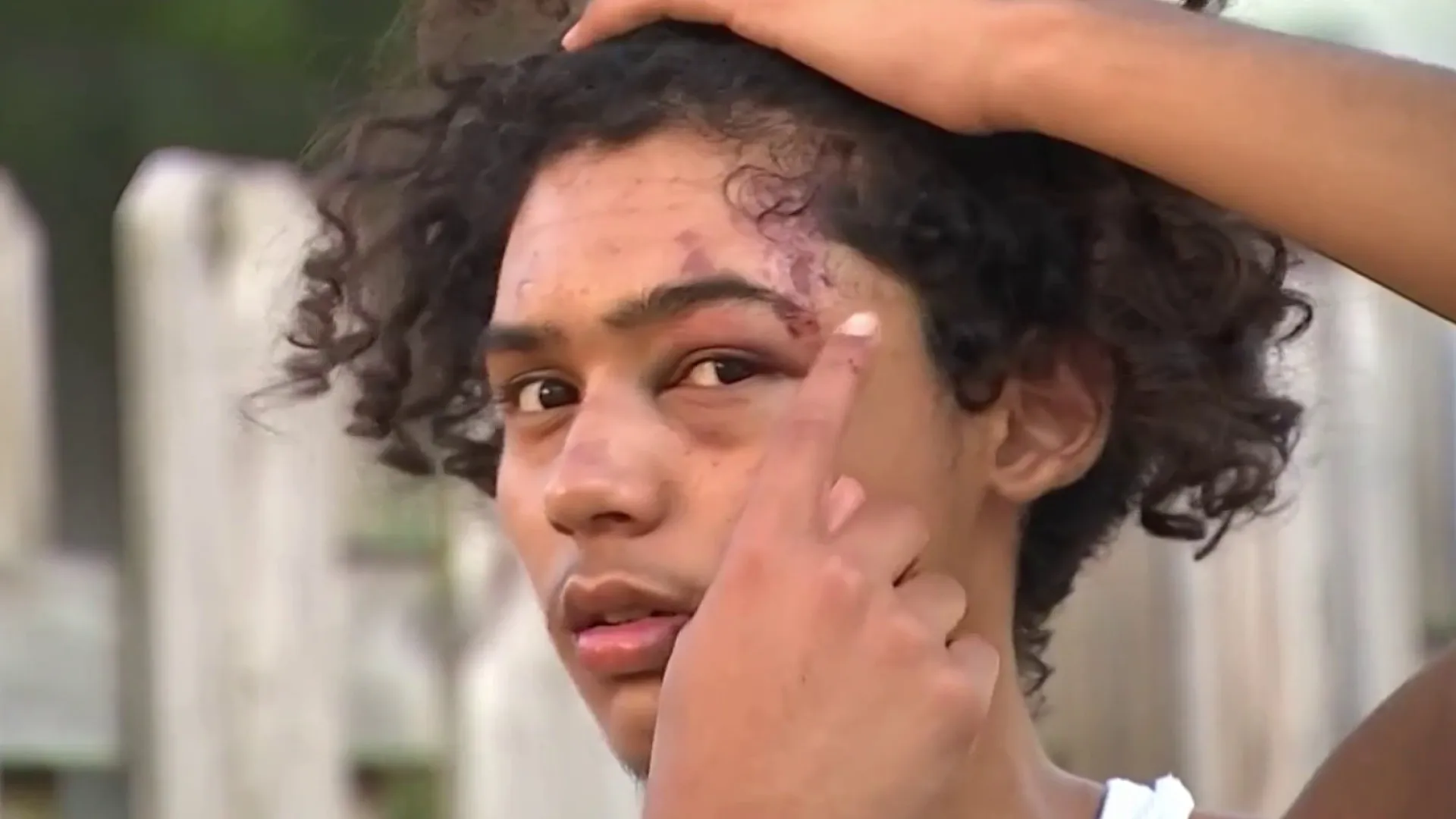Construction worker Anthony Carey usually gets $50 worth of scratch-off lottery tickets once a week at the convenience store where he gasses up, but he says that'll probably change when Florida reintroduces vending machines later this year in supermarkets.
The first of 1,000 machines should begin showing up in mid-August and all should all be in place by the end of November.
"Instead of just getting them when I'm putting in gas, I would be able to buy them basically anywhere," Carey said while filling up his pickup near his Miami home.
"By having those machines available everywhere and more convenient, people would definitely buy more," Carey said. "At least, I know for me, I would."
That's just what Florida Lottery officials and lawmakers want to hear after betting $3.9 million of taxpayers' money that the vending machines will pay off. That's something they didn't always do before then-Gov. Jeb Bush scrapped the machines eight years ago.
Florida launched a pilot program with 500 instant ticket vending machines in the Orlando area in 1997. That experiment was pronounced a success and the state's inventory grew to 797 machines scattered around Florida three years later.
A Lottery inspector general's review in 2000, though, indicated only 20 of the leased machines were bringing in enough money to pay for themselves. The rest were losers.
Local
The next year, lottery officials planned to cut the number of machines in half and relocate some to make them more profitable. Before that could happen, though, Bush vetoed a $2.9 million budget line-item to continue leasing the machines from Interlott Technologies of Mason, Ohio. Bush thought it was improper to name a contractor in the budget.
That's not an issue this time. The Florida Lottery's existing contract with GTech Corp. of Providence, R.I., to provide its
gaming systems includes a provision to lease vending machines at
the state's option for $329 a month each.
One difference this time is that the machines will be placed only in supermarkets. Five supermarket chains, including Publix and Winn-Dixie, have committed to take them.
Lottery Secretary Leo DiBenigno said he expects that and other changes to produce a better result than Florida's experience with the machines.
"You learn from your mistakes," DiBenigno said. "They were not placed in ideal locations, so we've learned from that lesson and learned from other states as well."
Twenty-nine of the 42 states with lotteries use vending machines and their combined sales in 2006 were more than $2.3 billion. Sixty-three percent of those machines are in grocery stores and they account for 68 percent of all vending machine sales, according to a Florida revenue estimating conference report.
Each machine has 24 bins and accepts bills ranging from $1 to $20 but won't give change, said GTech account development manager Bryan Colbert. The machines are equipped with kill switches that allow store personnel to shut them off if they see minors under 18 -- the legal age limit -- attempting to purchase tickets.
"I think it would be nice to walk up and look at a machine and pick which scratch-off you want," said Carey, the Miami construction worker. "A lot of these places either have them behind the cash register or behind the window, and it's hard to see which one you want."
Norma Gomez, co-owner of a Miami clothing store who doesn't play herself but buys tickets for her parents, said she could understand why some people might be reluctant to use the machines.
"Older people, and maybe some younger ones too, will be afraid of pressing the wrong button at the vending machine and get the ticket they really didn't want," said Gomez, who was gassing up her car at the same convenience store where Carey buys his tickets. "And then who will they complain to?"



